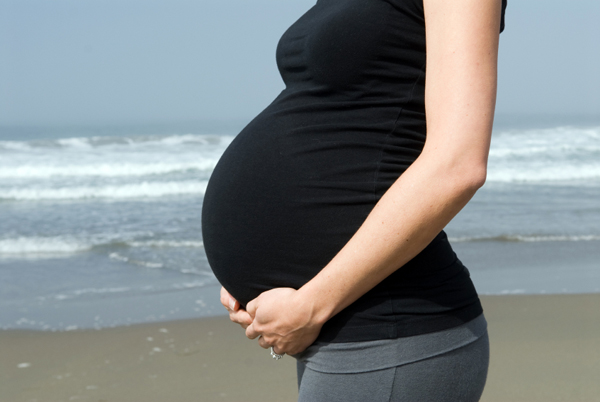Fish is an excellent source of protein and other nutrients that pregnant women need to maintain a healthy foetus and developing child. There are conflicting arguments against eating fish when pregnant. Health professionals have outlined the advantages and drawbacks of eating fish over time.
 Serving one dish of fish is probably safe, however health experts advise pregnant women and nursing mothers to stay away from fish with a high mercury content. Every woman who is pregnant or nursing should stay away from heavy mercury fish, according to experts. Serious health issues have been associated with mercury exposure.
Serving one dish of fish is probably safe, however health experts advise pregnant women and nursing mothers to stay away from fish with a high mercury content. Every woman who is pregnant or nursing should stay away from heavy mercury fish, according to experts. Serious health issues have been associated with mercury exposure.
 When you consume mercury-rich fish on a regular basis, it can eventually build up in your bloodstream. The growing brain and nervous system of your unborn child could be harmed by an excessive amount of mercury in your blood. High mercury fishes include shark, swordfish, king mackerel, and tilefish.
When you consume mercury-rich fish on a regular basis, it can eventually build up in your bloodstream. The growing brain and nervous system of your unborn child could be harmed by an excessive amount of mercury in your blood. High mercury fishes include shark, swordfish, king mackerel, and tilefish.
A heavy metal that is introduced into the environment in a number of ways is mercury. Additionally, it gathers in rivers, lakes, and seas. Mercury subsequently transforms into methylmercury, a neurotoxic that is present in several fish, at least in small amounts. When eaten in significant doses, methylmercury is hazardous to the nervous system of humans.
 Methylmercury is found in almost all fish in tiny concentrations, but is not dangerous at these levels. The largest quantities of methylmercury are accumulated by long-lived, bigger fish that consume other fish. The fish that offer the most risk to regular consumers include shark, tilefish, swordfish, and king mackerel.
Methylmercury is found in almost all fish in tiny concentrations, but is not dangerous at these levels. The largest quantities of methylmercury are accumulated by long-lived, bigger fish that consume other fish. The fish that offer the most risk to regular consumers include shark, tilefish, swordfish, and king mackerel.
Methylmercury in fish poses the greatest risk to the developing neurological system of an unborn kid. Thus, these heavy mercury fish should be absolutely avoided by pregnant women and women who may get pregnant. It’s also crucial that young children and nursing women abstain from eating these fish.
 However, not everyone may be affected in the same way by mercury contained in fish. Pregnant women, mothers who are nursing, and small children are all members of the high-risk group. As a result, choosing which fish to consume and steer clear of requires extra vigilance on the part of nursing mothers and expectant women.
However, not everyone may be affected in the same way by mercury contained in fish. Pregnant women, mothers who are nursing, and small children are all members of the high-risk group. As a result, choosing which fish to consume and steer clear of requires extra vigilance on the part of nursing mothers and expectant women.

 Entertainment6 days ago
Entertainment6 days ago
 Health1 week ago
Health1 week ago
 Health4 days ago
Health4 days ago
 Football1 week ago
Football1 week ago
 Football1 week ago
Football1 week ago
 Crime4 days ago
Crime4 days ago
 Education6 days ago
Education6 days ago
 Crime1 week ago
Crime1 week ago

